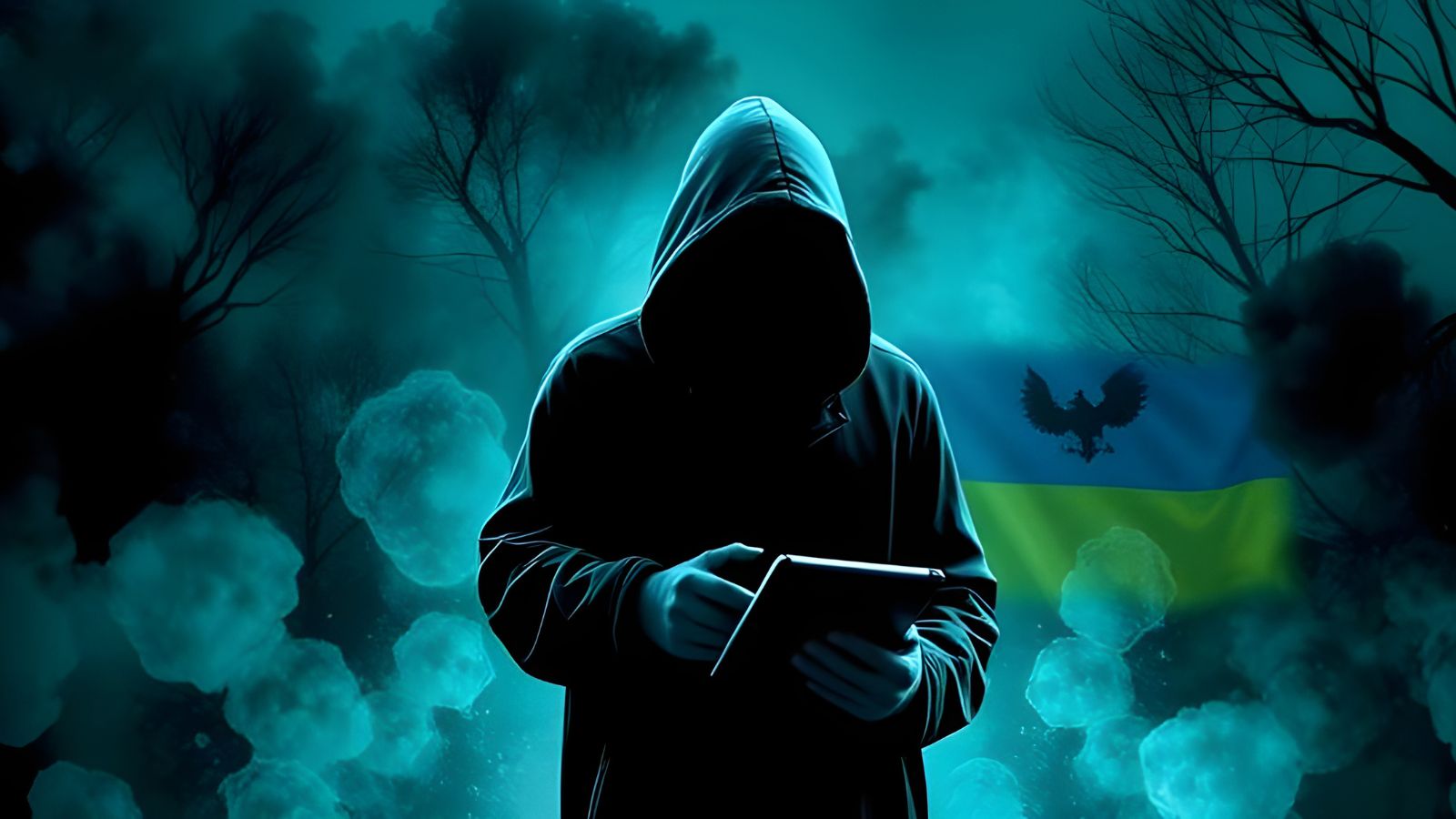
Indonesia Planning to Impose Control Over Social Media Apps
- The Indonesian Ministry of Communication and IT has introduced a sweeping internet content control law.
- All platforms and entities that offer their services in the country will now have to give the government full access to their systems.
- The country is going through a worrying period of undermining fundamental human freedom rights.
The Indonesian government has presented a new legal framework aiming to define and impose a controlling mechanism around social media platforms, their applications, and the service providers that support them in the country. The law proposal itself is inspired by Germany’s “NetzDG,” which compels the aforementioned entities to remove user-uploaded content if it is deemed a threat to national security, without needing a court order.
The “NetzDG” has inspired many governments outside of Germany, including those in Turkey, Australia, Russia, India, the Philippines, Malaysia, Venezuela, and now Indonesia.
Indonesia’s approach, though, is going much further than its German inspiration. Called the “MR5” and carefully crafted by the Ministry of Communication and Information Technology (Kominfo), the law assumes total control over what Indonesians are allowed to post online and is also directly invading the users’ privacy protection rights by accessing their identification information. MR5 obliges every internet platform/entity operating in the country to obtain an ID certificate that Kominfo will issue, no matter if they are based abroad or in the country.
This includes any digital marketplace, financial services, social media and content sharing platforms, cloud service providers, search engines, instant messaging, email, video, animation, music, film and games, or any application which collects, processes, or analyzes users’ data for electronic transactions within Indonesia. These entities have until May 2021 to register. Otherwise, they’ll lose their ability to offer their services in the country.
The certification pre-supposes the opening of access to the country's law enforcement agencies so that all user data in the platform becomes available to them. The entities which hold a certificate but fail to provide “direct access” to their systems will receive warnings, temporary blockage, full blockage, or even a revocation of the certificate. This is obviously a rigorous legal context within which to operate, and it goes against all kinds of fundamental freedom of expression and social and cultural rights as they are defined by the UN.
When considering that in Indonesia “blasphemy” is considered a crime, we can expect a framework that’s overly incompatible with international human rights laws. The entity that’s going to decide what needs to be blocked is called “Minister for Access Blocking,” and it will receive and evaluate reports on content. This special team will send emails to the operators to order content takedowns, and these platforms will be obliged to obey within 24 hours. For “urgent” requests, the entities will be given a tight 4-hour window to act.
This is a very worrying development for Indonesia, and unfortunately, it is expected to find mimicking in more Southeast Asian countries. Indonesia is going through turbulent times as there’s a lot of trouble in Papua and West Papua, with the government launching a silencing campaign against groups that are critical of its practices. Obviously, the MR5 is in perfect alignment with this campaign, making it even more dangerous.






